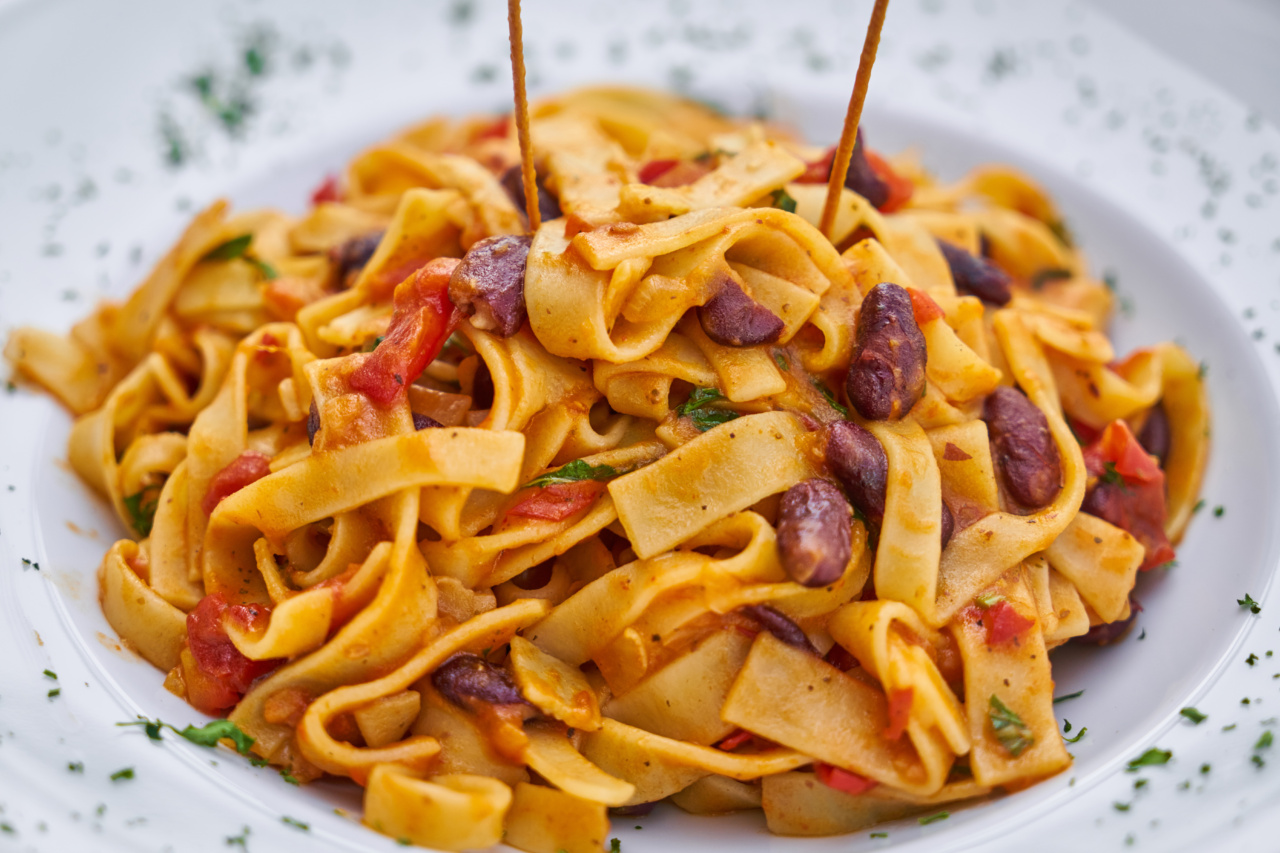For decades, pasta has enjoyed a reputation as a staple food for providing strength and energy. Italian cuisine, in particular, has long been associated with its delicious pasta dishes.
However, recent research by Italian scientists has cast doubt on this beloved belief. The study challenges the notion that pasta is a superior source of strength and energy, raising questions about its true nutritional value and effects on the human body.
The Nutritional Composition of Pasta
Before we delve into the findings of this study, it is essential to understand the nutritional composition of pasta. Pasta, typically made from durum wheat semolina, is rich in carbohydrates.
These carbohydrates serve as an energy source for the body, providing the fuel needed to perform daily activities and exercise.
In addition to carbohydrates, pasta also contains small amounts of protein and fiber. While protein is essential for muscle repair and growth, the levels found in pasta are relatively low compared to other protein-rich foods.
Fiber, on the other hand, aids in digestion and helps regulate blood sugar levels.
The Impact on Athletes and Endurance Performance
Athletes, especially those participating in endurance sports, often turn to pasta as a key component of their diet. The belief is that the high carbohydrate content of pasta can fuel their training and improve performance.
However, the recent study challenges this belief.
The researchers found that pasta alone may not provide a significant boost in endurance performance.
While carbohydrates are undoubtedly important in prolonged exercise, the study suggests that the overall diet composition and timing of carbohydrate consumption are more crucial factors in optimizing performance. Simply loading up on pasta before a race or intense workout may not be the magic solution to enhanced endurance.
The Role of Gluten in Pasta
Gluten, a protein present in wheat, has gained attention in recent years due to the rise in gluten-related disorders.
People with celiac disease or gluten sensitivity must avoid gluten-containing foods, including pasta, to prevent adverse health effects.
The study also sheds light on the potential impact of gluten on individuals who do not have these specific conditions.
Some researchers suggest that gluten may have negative effects on gut health and overall well-being, even in people without diagnosed gluten-related disorders. This raises concerns about pasta consumption, as a significant portion of the pasta available in the market contains gluten.
Debunking Pasta’s Strength-Giving Reputation
While pasta certainly provides a source of energy and carbohydrates, the study’s findings challenge the belief that it is a superior strength-giving food.
The researchers advocate for a more holistic approach to nutrition and performance, emphasizing the importance of a well-rounded diet that includes a variety of nutrients.
It is important to note that the Mediterranean diet, which includes pasta as a component, is often hailed for its various health benefits.
The combination of pasta with other nutrient-rich foods, such as olive oil, vegetables, and lean proteins, may contribute to its positive effects on health. However, attributing these benefits solely to pasta’s strength-giving properties seems questionable in light of this recent research.
Conclusion
The study conducted by Italian researchers challenges the long-standing belief in pasta as a superior strength-giving food.
While pasta undeniably provides carbohydrates and energy, its impact on endurance performance may not be as significant as previously believed. The study also highlights the potential negative effects of gluten on gut health, even for individuals without diagnosed gluten-related disorders.
In conclusion, it is crucial to approach pasta consumption as part of a balanced and varied diet. Relying solely on pasta to meet all nutritional needs may not be the most effective strategy.
Instead, individuals should focus on incorporating a diverse range of nutrient-rich foods to support their overall health and performance goals.




























